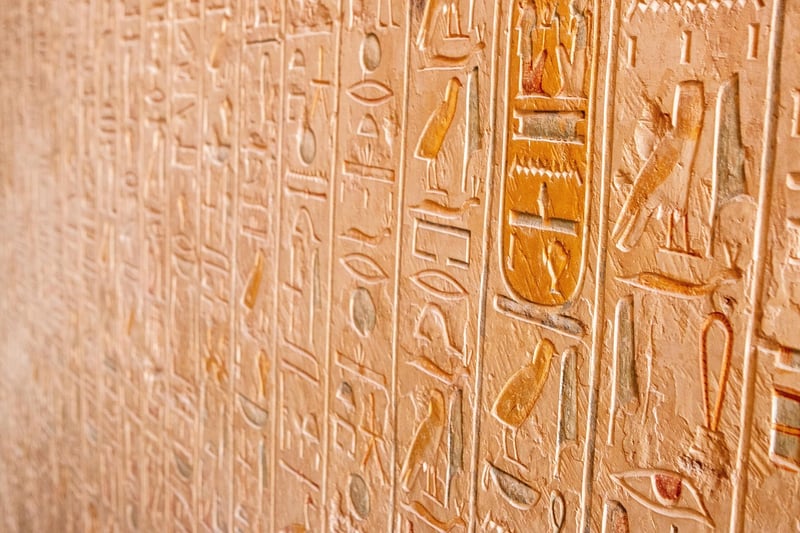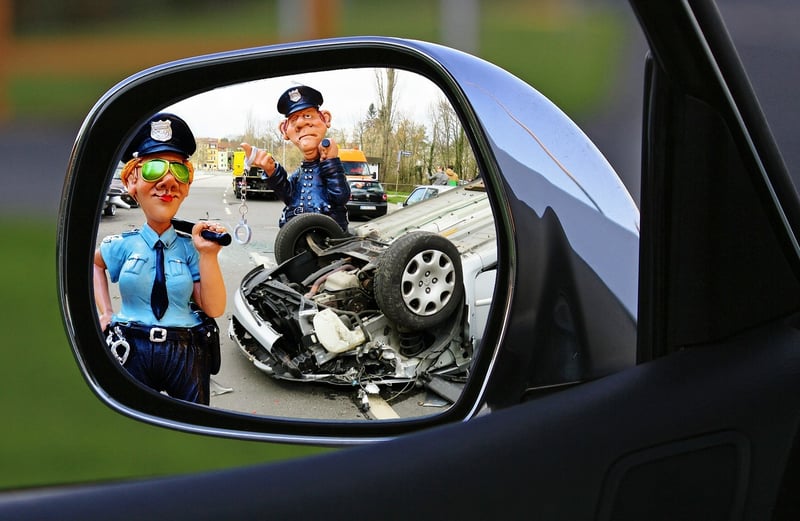Temporal Escapes
Exploring the Past and Future: Temporal Escapes
Time travel has long been a fascination for humanity, with the concept of exploring the past and future capturing our imagination. Whether through literature, movies, or scientific theories, the idea of temporal escapes continues to intrigue and inspire us.
Delving into the Past
Imagining a journey back in time to witness historical events, meet iconic figures, or experience bygone eras is a common theme in popular culture. From ancient civilizations to pivotal moments in history, the past holds a treasure trove of stories waiting to be discovered.

Unraveling Mysteries
Exploring the past allows us to unravel mysteries, understand our origins, and gain insights into how the world has evolved over time. Whether it's visiting archaeological sites or studying ancient texts, each discovery brings us closer to our shared history.
Venturing into the Future
While the past offers a glimpse into where we've been, the future beckons with endless possibilities and unknown horizons. Speculating about what lies ahead, envisioning technological advancements, and contemplating the fate of humanity are all part of our fascination with the future.

Embracing Innovation
Exploring the future allows us to embrace innovation, anticipate challenges, and shape the world to come. Whether it's through science fiction narratives or cutting-edge research, our curiosity about what tomorrow holds drives us to push the boundaries of possibility.
Temporal Escapes: Your Journey Awaits
Whether you're drawn to the mysteries of the past or the infinite possibilities of the future, embarking on a temporal escape can be a thrilling adventure. Through books, movies, virtual reality experiences, or simply letting your imagination soar, there are endless ways to explore the realms of time.
So why not take a leap into the unknown, travel through the corridors of time, and discover the wonders that await you in the past and future?
Remember, the greatest escapade is the one that transcends time itself.
